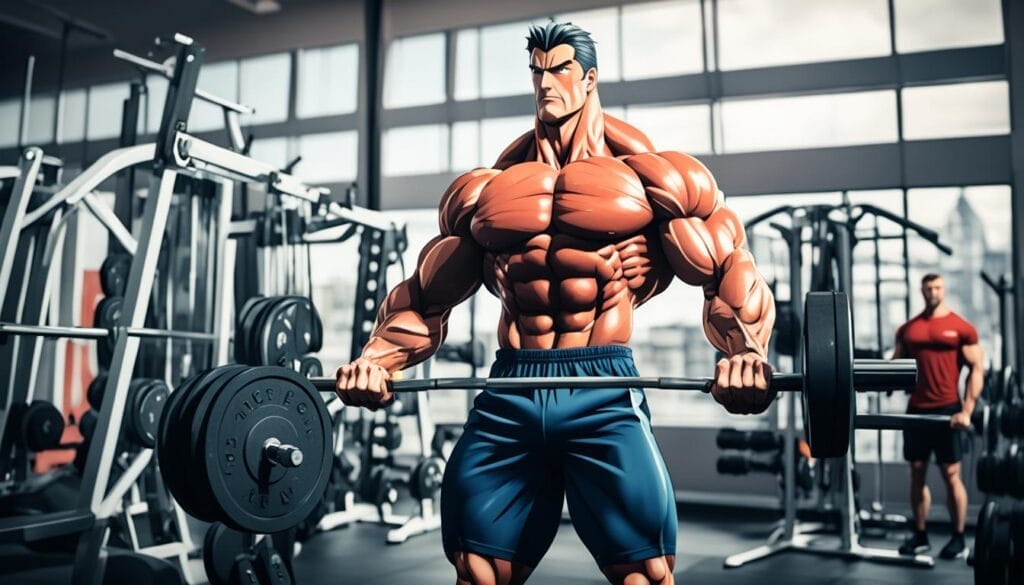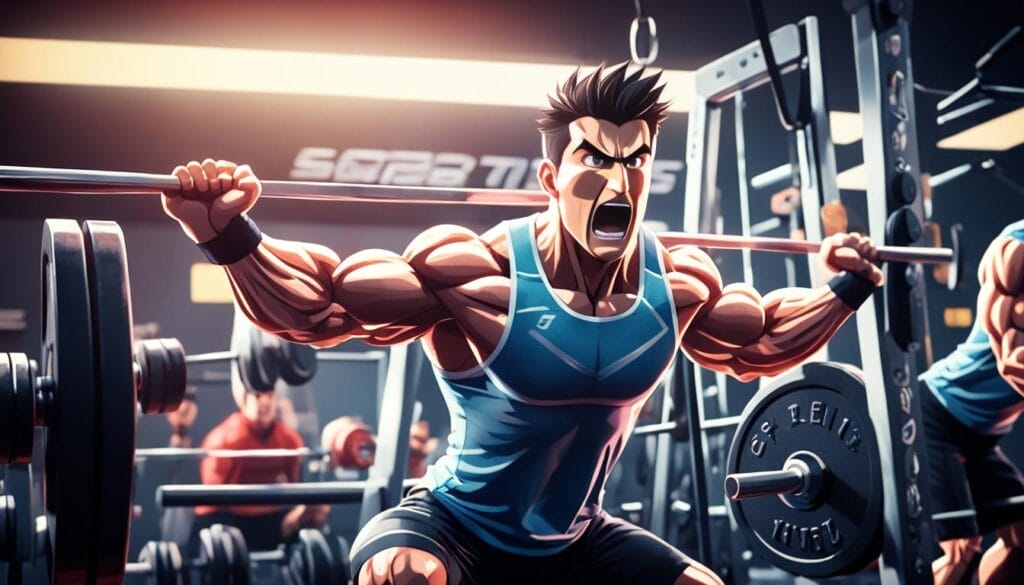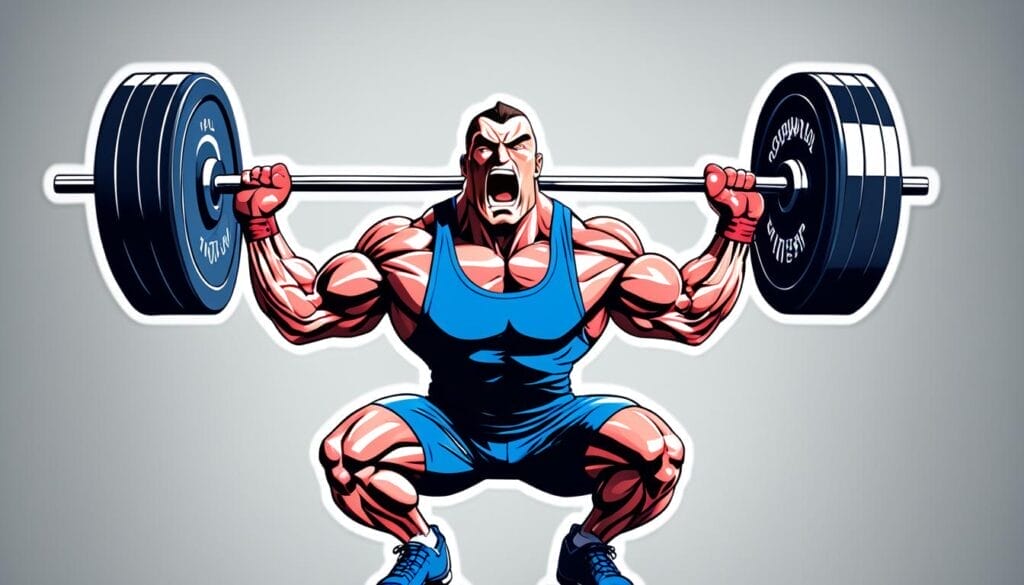When I wanted to boost my fitness, I realised my diet had to change. I started a protein-rich diet after hearing about its benefits. Surprisingly, it not only shaped my body but also made me feel healthier overall.
My eating habits began to feature more proteins. I included chicken, turkey, fish, and eggs. Additionally, I learned about protein from plants, such as beans, lentils, and quinoa.
Eating these proteins kept me full and helped my muscles grow. My workouts improved, and I saw my body change like never before. It felt like the secret to my fitness journey.
Sticking with my protein-rich diet, I also found balance in the types of protein I ate. It was important to not just eat more protein but to choose wisely. Adding a protein portion to every meal, and snacks, became my routine.
Now, I feel my steps towards better health were mainly due to this diet. It gave me energy to reach my goals and made me feel better. For those wanting to enhance their health and fitness, I highly suggest trying a protein-rich diet.
Key Takeaways:
- A protein-rich diet can aid in muscle growth and repair.
- Including lean protein sources like chicken, fish, and eggs can be beneficial.
- Vegetarians and vegans can also meet their protein needs with plant-based sources like beans and lentils.
- Protein supplements are not necessary if you already consume enough protein through your diet.
- A balanced protein intake is essential for optimal results.
How much protein do I need?
The average person needs about 0.75g of protein for each kilo they weigh. This means around 45g for women and 55g for men. If you’re training for something, upping your protein is wise. Add protein to every meal during this time.
Your hand can help you measure protein portion sizes. If it’s red meat, use the size of your palm. For white meat and fish, it’s your whole hand.
Eating enough protein is key, especially during breakfast and lunch. People often go for carbs at these times. Try adding meals rich in protein like yogurt, nuts, eggs, and tuna. This will help you hit your protein goals.
Example of a protein-rich meal plan:
| Meal | Protein Source |
|---|---|
| Breakfast | Scrambled eggs with spinach |
| Snack | Greek yogurt with mixed nuts |
| Lunch | Grilled chicken salad with quinoa |
| Snack | Cottage cheese with sliced cucumber |
| Dinner | Baked salmon with roasted vegetables |
A variety of protein sources makes for a great diet. It helps you meet your protein needs while enjoying your meals.
Protein sources for vegetarian and vegan athletes
Getting enough protein from plant sources is easy, despite what many think. Vegetarian protein sources and vegan protein sources are full of nutrients. For athletes on a plant-based diet, it’s important to eat a range of protein-rich foods.
Here are some plant-based protein foods perfect for vegetarian and vegan athletes:
- Protein-rich vegetables: Add veggies like broccoli, spinach, kale, and peas to your meals. They’re packed with protein and other good stuff like vitamins, minerals, and fibre.
- Protein-rich legumes: Lentils, chickpeas, black beans, and kidney beans are great for protein. They also offer lots of fibre, iron, and other key nutrients.
- Nuts and seeds: Almonds, walnuts, chia seeds, and hemp seeds boost your protein intake. Sprinkle them on salads or add them to smoothies.
- Whole grains: Quinoa, brown rice, and oats are good for carbs and protein. They provide a balanced nutritional boost.
- Soy products: Foods like tofu, tempeh, and edamame make excellent protein sources. Use them in place of meat in different dishes.
But, not all vegetarian or vegan foods are healthy. Some mock meats can be high in unhealthy stuff like fat, salt, and calories. It’s best to eat natural, whole foods for a better protein balance and overall health.
Always plan your plant-based protein diet well for ample nutrients. By mixing up protein-rich foods, you’ll get what you need to exercise, recover, and perform better as an athlete.
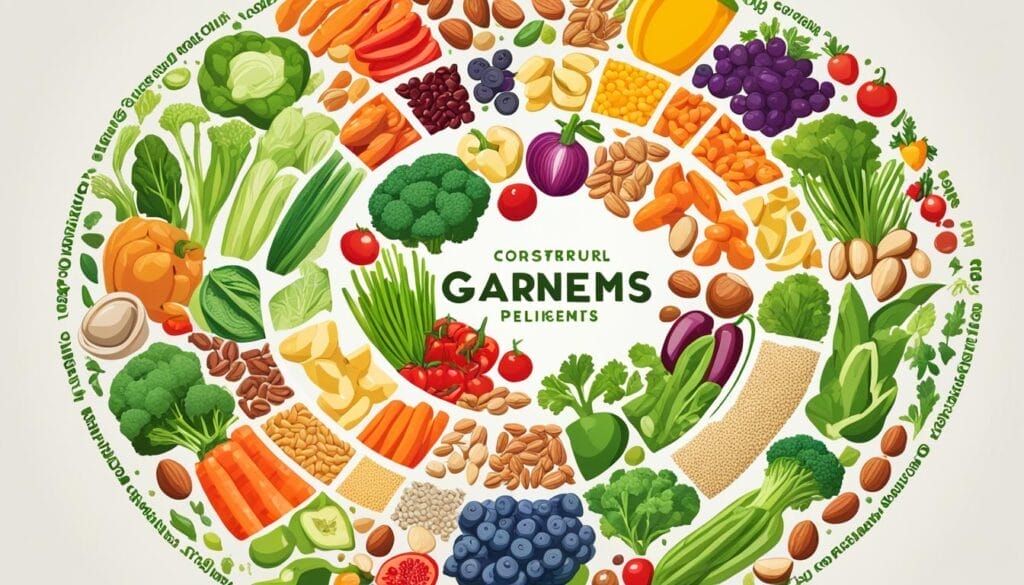
| Protein Source | Protein Content (per 100g) |
|---|---|
| Broccoli | 2.8g |
| Spinach | 2.9g |
| Kale | 4.3g |
| Peas | 5.4g |
| Lentils | 9g |
| Chickpeas | 19g |
| Black beans | 21g |
| Almonds | 21g |
| Walnuts | 15.2g |
| Chia seeds | 16.5g |
| Hemp seeds | 31.6g |
| Quinoa | 14g |
| Brown rice | 2.6g |
| Oats | 11g |
| Tofu | 8g |
| Tempeh | 20g |
| Edamame | 12g |
Protein supplements and shakes
Protein supplements are often sold to help with building muscle, losing weight, and boosting energy. But, they’re not a must if you eat enough protein from food. They can still be handy if you need more protein in your diet.
It’s key to check the labels on protein supplements for extra oils and sugars. These can mean more calories and maybe gaining weight. Aim for those with low added sugars and fats to help reach your health goals.
To start using protein supplements, begin by snacking on protein-rich foods or adding them to your meals. This ensures you rely on natural sources first. Good options are Greek yogurt, nuts, eggs, and tuna.
After tough workouts, drinks with protein and carbs can help your body recover. Yet, these aren’t a must if you can eat a full meal within 30 minutes of exercising.
Here are a few popular protein supplements to consider:
| Protein Supplement | Forms | Pros | Cons |
|---|---|---|---|
| Protein Powder | Powder |
|
|
| Protein Bars | Ready-to-eat bars |
|
|
| Protein Capsules | Capsules or pills |
|
|
Benefits of a high-protein diet
A high-protein diet is great for those aiming for weight loss, muscle build, faster metabolism, and to eat less.
It helps control your hunger. Foods rich in protein increase hormones that make you feel full. They lower the ones that make you hungry. So, you’ll feel like eating less, making it simpler to cut calories and lose weight.
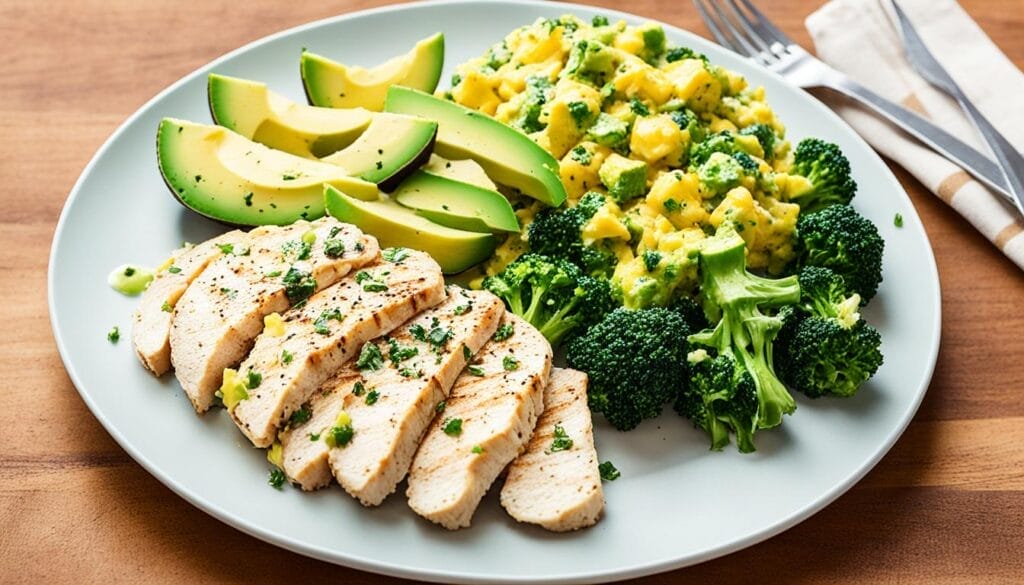
A high-protein diet boosts your metabolism thanks to the thermic effect of food (TEF). TEF is the energy your body uses to digest and process nutrients. Because protein takes more energy to digest than carbs or fats, your body burns more calories. This could help speed up your metabolism, aiding in your weight loss or maintenance efforts.
For muscle gain, protein is essential. It helps your body build and repair muscle, which is key after working out. This diet supplies all the amino acids needed for your muscles to grow, recover, and increase in size.
But remember, pairing a high-protein diet with strength training is best for muscle growth. Exercises like weightlifting increase your muscle’s protein-making process. This helps your body use the protein you’re eating more efficiently.
“A high-protein diet can promote weight loss, muscle gain, a boosted metabolism, and reduced appetite.”
Overall, a high-protein diet is a fantastic choice for your health goals. If you’re aiming to trim down, bulk up, or enhance your metabolism, plenty of protein could be just what you need.
Summing It Up
Eating lots of protein makes you healthier and fitter. Make sure to have protein in every meal to get what your body needs. It can help you lose weight, build muscle, and keep your metabolism high. Choose lean protein from both animals and plants to stay balanced.
If you’re a vegetarian or vegan athlete, don’t worry. Plenty of plants offer rich sources of protein. You can meet your needs without eating meat. Just include lots of vegetables, legumes, nuts, seeds, and whole grains in your meals.
Protein supplements can be handy, but you might not need them. Eating the right foods is more important than taking pills. Focus on natural, unprocessed foods. Pairing a protein-rich diet with regular exercise brings the best results. It helps you reach your fitness goals and boosts your health.
A diet loaded with protein helps you in many ways. It aids in losing weight, gaining muscle, and lowering your appetite. By making protein the highlight of your meals and picking high-quality sources, you improve your health and fitness.
FAQ
How much protein do I need?
The general rule is about 0.75g of protein for every kilo you weigh each day. For those off to an athletic event, adding protein to each meal is wise. This helps muscles grow and heal.
What are some protein sources for vegetarian and vegan athletes?
For those not eating meat or animal products, protein is still easy to find. They can choose from various plant sources. These include veggies, beans, nuts, seeds, and foods made from soy.
Are protein supplements necessary?
Getting enough protein from food is key, so supplements aren’t a must for most people. If you do use them, make sure they complement your diet. But remember, they should never replace meals.
What are the benefits of a high-protein diet?
Consuming a lot of protein can aid in shedding pounds and gaining muscle. It boosts your metabolism and helps keep hunger at bay. Plus, it’s good for your health overall.
Does a high-protein diet have any specific benefits for weight loss?
Absolutely. It makes you feel full by changing your hormone levels. Plus, your body uses quite a bit of energy to process protein, which burns more calories.
What is the conclusion regarding a protein-rich diet?
Focusing on protein benefits weight, muscles, and health. Adding it to every meal supports daily protein goals. Choosing lean sources and sticking to whole, natural foods helps. When you also do strength training, the combination works best.
Source Links
Share Me:
READY TO UNLEASH
YOUR BEST SELF?
Click “Sign Me Up!” And Start Your Fitness Transformation!


